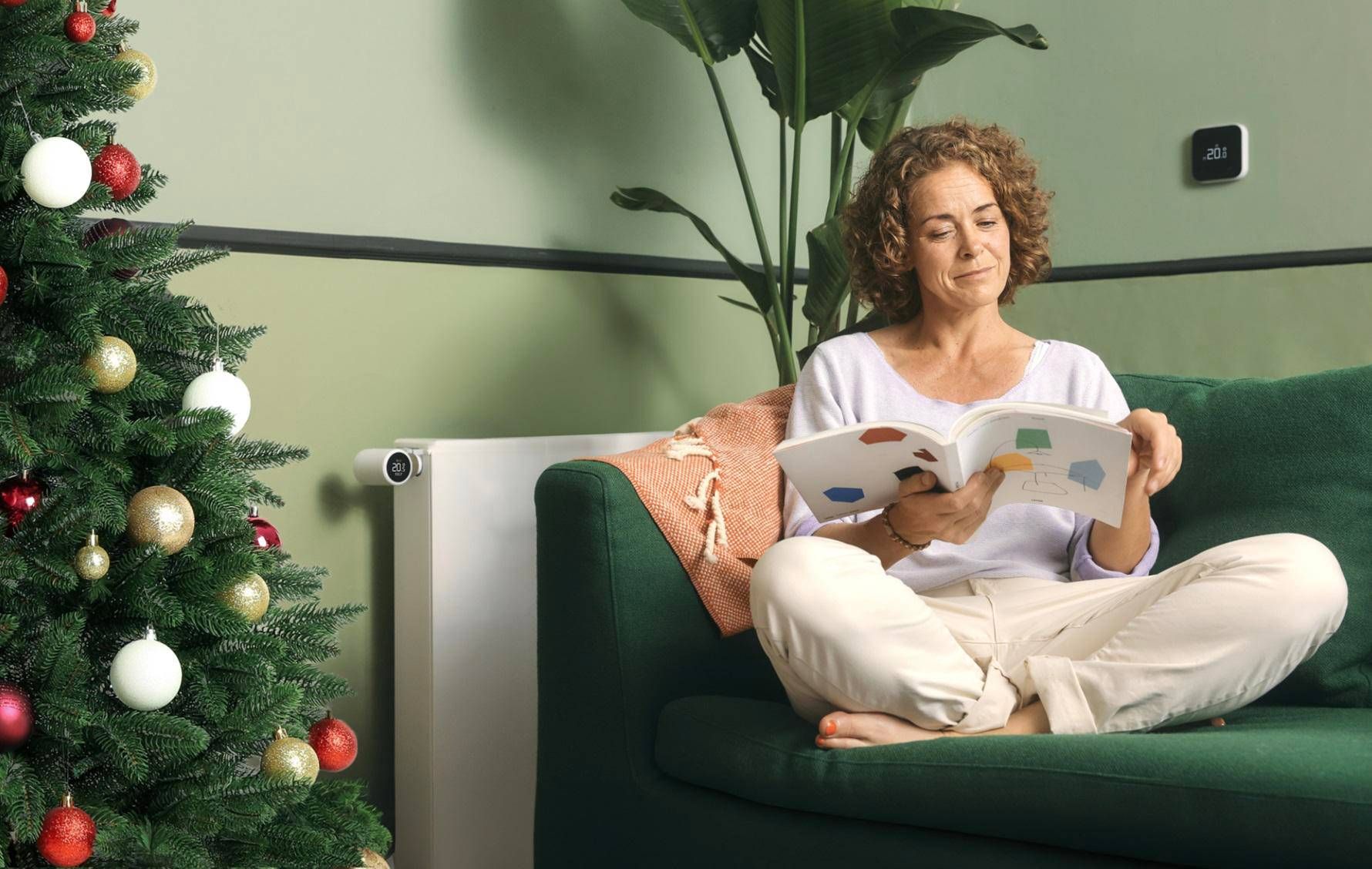In recent years, the escalation of energy costs has had a profound impact on the budgets of Italian families, with a significant impact on the cost of living. A survey conducted by tado, well-known manufacturer of smart thermostats, out of a total of 9,518 customers of which 1,628 in Italy, between April and June 2024, reveals that over 80% of Italians expect utility bills to remain high for the next three years. This perception is corroborated by the analysis of energy tariffs, which shows a notable increase in prices from 2021, intensified by recent geopolitical tensions.
Awareness of heating costs has grown significantly, with over half of those surveyed saying they are more concerned than five years ago. Faced with these increases, which saw electricity grow by 8.8% and gas by 30% in the last quarter alone, many consumers are looking for solutions to mitigate the effect of high bills.
Christian Deilmann, CPO and co-founder of tadohe emphasizes the importance of controlling energy consumption as a defensive strategy against rising costs. In response to this need, 64% of Italians interviewed expressed their intention to adopt measures to reduce energy consumption. Among the most popular solutions are the installation of solar panels, the thermal insulation of buildings and the use of heat pumps.
A key role in these savings strategies is played bytado’s smart thermostats, which promise an average 22% reduction in heating and hot water costs. These devices allow users to precisely manage home temperatures, resulting in more efficient use of energy. Intelligent programming, the ability to control each room separately and easy installation are just some of the features users appreciate. The growing interest in energy saving also translates into wider adoption of advanced technologies. Tado’s recently launched new thermostat model integrates features such as heat pump optimizers and wireless temperature sensors, offering an even more sophisticated approach to home energy management. With wired and wireless options, they are compatible with over 95% of homes in Europe. Any radiator with an existing thermostatic valve can be transformed into a smart radiator by simply replacing the thermostat.
Some simple precautions can then help to lower the income statement for energy spending
Adequate temperature: maintain a temperature between 18 and 21°C in the living rooms and bedrooms, and around 22°C in the bathrooms. Lower the temperature at night or when there are no people in the house.
Programmable thermostats: Invest in programmable thermostats to automatically adjust heating according to a set schedule. tado devices offer further savings by turning down the heating when you leave the house or turning it off if they detect a window opening.
Window sealing: check and repair any cracks in the door and window seals to avoid energy loss.
Thermal insulation: Good insulation of the roof, walls and windows minimizes heat loss, keeping the inside warm and the cold air outside.
Adequate ventilation: regularly ventilate rooms briefly and effectively, preferring shock ventilation.
Close the doors: close the doors of unheated rooms to limit the passage of cold air into warmer areas.
Bleed the radiators: Remove air from radiators to improve heat transfer.
Do not cover radiators: Make sure there are no obstacles such as furniture or curtains in front of the radiators.
Harness solar energy: open the curtains during the day to take advantage of solar heat and keep them closed at night to conserve heat.
